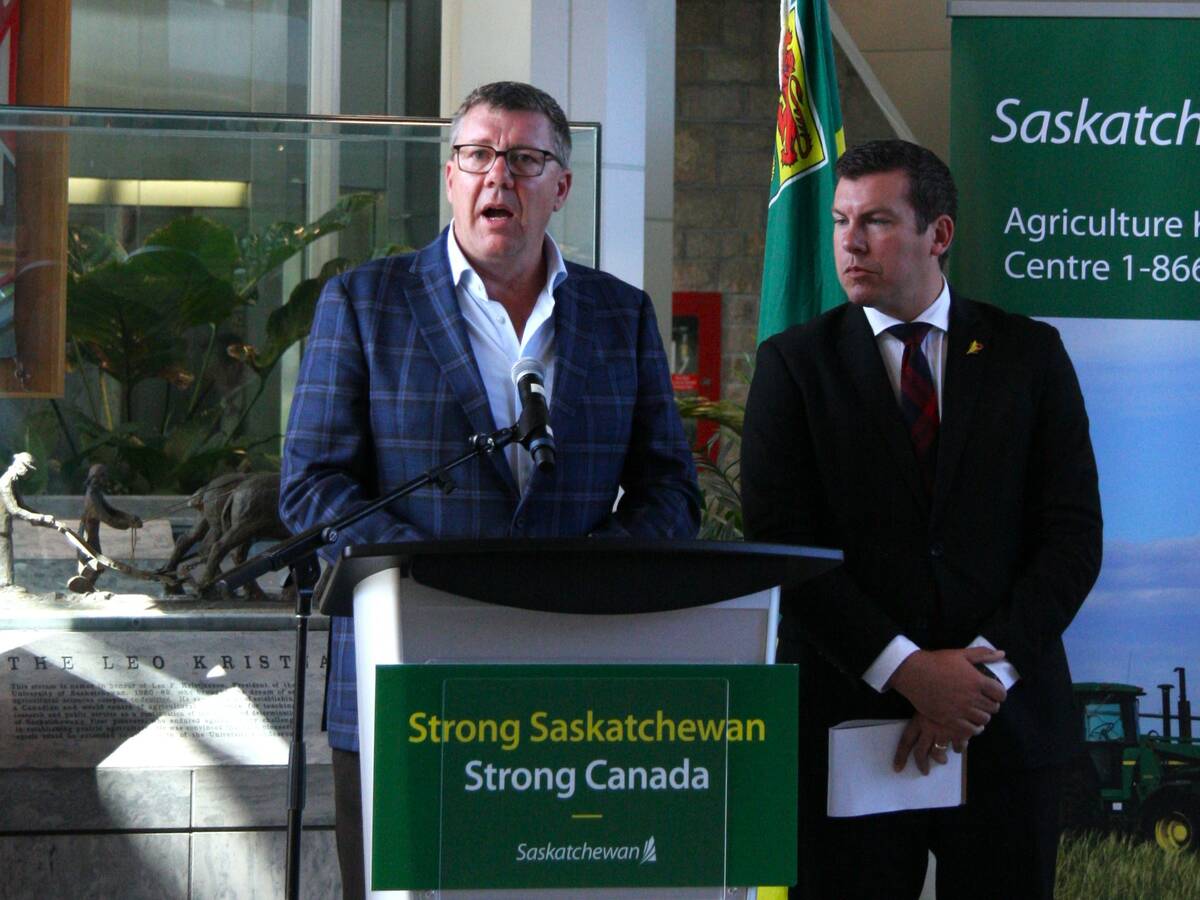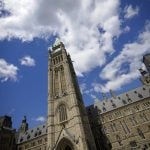Canada’s former chief agricultural trade negotiator says reductions in high protective dairy tariffs are inevitable after this World Trade Organization negotiation and the dairy farmer lobby should recognize it and free the current negotiator to try to get some concessions in return.
Mike Gifford, chief agricultural negotiator from 1986-94 during the last world trade talks, said in an Oct. 19 speech that dairy farmer leaders have backed the government into an impossible corner by insisting Canada not accept any cuts in over-quota tariffs.
He predicted that cuts in the tariffs, now typically between 200 percent and 300 percent on dairy imports, will be at least one-third. Gifford said dairy leaders should signal to farmers and government that they accept the inevitability of tariff cuts so a more realistic negotiating strategy can be devised before a crucial WTO meeting in November and farmers can make more informed business decisions.
Read Also

Key actions identified to address canola tariffs
Federal and Saskatchewan governments discuss next steps with industry on Chinese tariffs
“I don’t think supply management will end if over-quota tariffs are cut by one third,” Gifford said in a speech at Carleton University’s Centre for Trade Policy and Law. “It will reform and adjust.”
He said the result of the current WTO negotiation likely will be more dairy imports, an end to exports of dairy products made from Canadian milk, a reduction in milk production in Canada and possibly some weakening of prices and quota values.
But Gifford said single-desk selling would continue and a production quota system could be maintained, with the government on the hook for some adjustment and compensation payments.
He predicted milk prices in future would be negotiated between milk marketing boards and processors rather than being set by the Canadian Dairy Commission, based in part on production costs.
“But there is nothing in the anticipated result of the Doha round that will end single-desk marketing or the supply management system,” said the former Agriculture Canada official. “Cutting over-quota tariffs a little bit is not going to destroy the system.”
Dairy Farmers of Canada representatives were quick to challenge Gifford’s position.
DFC economist Rick Phillips used the question period after the speech to argue it is the role of trade negotiators to reflect Canadian policy, rather than to tell Canadian interests they should change their policies to get more in tune with other countries.
“The role of the Canadian negotiator should be to sell Canadian positions to the world, not to sell a U.S.-EU (European Union) outcome to producers.”
Duncan, B.C., dairy producer Wally Smith, a DFC board member, said Oct. 20 that Gifford is being presumptuous to assume what the outcome of the WTO talks will be or even if there will be an outcome.
“I don’t know what the outcome will be and neither does he,” said Smith. “We have seen lots of deadlines and goals missed. As far as I’m concerned, the balanced Canadian position that we bring to the table is the right one.”
In an analysis to be published in November, written with former trade negotiator Bill Dymond, Gifford argued that in return for limiting over-quota tariff cuts to one-third rather than some of the more aggressive proposals on the table, Canada will have to more than triple its domestic market share that is served by imported dairy products.
Currently, he said imports cover three percent of demand. He predicted that will rise to 10 percent.
Gifford said he could not estimate the size of compensation package that governments might have to pay. It will depend on how much milk prices and quota values drop and how much quota will have to be removed to accommodate lower production demands.
“I’m not so sure market prices would fall all that much but there would be losses and in my view government would have an obligation to pick up at least some of that,” he said.
















